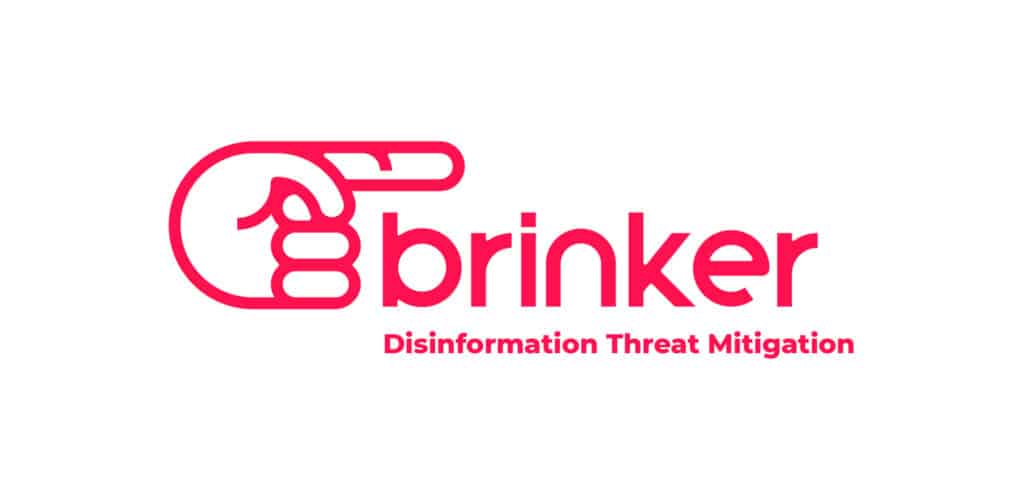When the recent brouhaha erupted over Samsung SmartTV’s habit of harvesting ambient conversations and transmitting that data to unnamed third parties, we noted that Samsung was hardly alone. In fact, Security Ledger reported on identical behavior by LG television sets back in May, 2014. But, as this article notes, televisions aren’t the only sensor-rich devices that are seeing and hearing what goes on around us. Forget about Samsung or LG getting recordings of you laughing at The Daily Show, or foggy conversations you have about what to watch next. What about Microsoft Xbox Kinect, which includes sound, motion and infrared sensors that can track up to six individuals simultaneously? Also mentioned: Google Waze, Amazon Echo and GM’s OnStar. The question – as always- is about what privacy protections consumers should expect from connected devices. While all the above manufacturers sought “consent” from users in the text of verbose and legalistic Terms […]
Technology
At Summit, in search of Leadership on Cyber Security
In-brief: President Obama will address technology leaders at a Summit at Stanford University on Friday. But technology industry leaders say that much hinges on Washington’s ability to pass needed legal reforms.
Who gets to talk to your Fridge? | O’Reilly Radar
In-brief: an article on O’Reilly’s Radar site raises important questions about what kinds of connections and data sharing should be allowed on the Internet of Things – and how consumer privacy can be protected.
Android in the Coal Mine: Open Source, Patching and Internet of Things
In brief: Google’s decision not to patch a security hole in versions of Android used by hundreds of millions of consumers is a bad omen for the Internet of Things and will likely push some Android users to alternative versions of the operating system.
The Art of Stealing Terabytes | Digital Guardian
There are many superlatives to describe the hack of Sony Pictures Entertainment. It has been called the “worst” and “most destructive” hack of all time. It has been likened to a nuclear bomb. It has been called an act of cyber warfare. But, behind all the hyperbole, the Sony hack is just another hack – albeit a bad one. And like any other cyber crime, there are questions about the ‘whys’ and ‘how’s’ of the Sony hack that have yet to be answered to anyone’s satisfaction. Chief among them: how the attackers were able to sneak terabytes of data off of Sony’s corporate network without being noticed. [Read more Security Ledger coverage of the Sony Pictures Hack here.] The sad truth may be that making off with terabytes worth of data may be easier than you think. Like you, I found this notion preposterous. But an informal poll of respected security experts that […]






